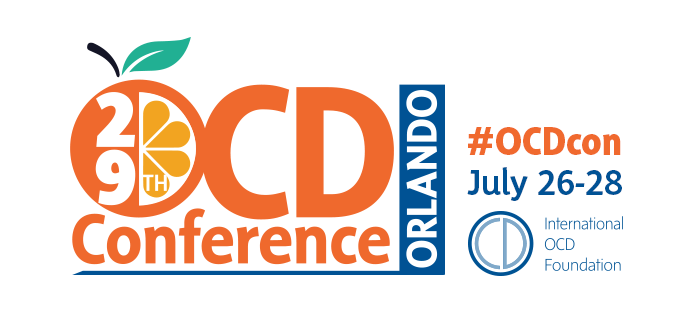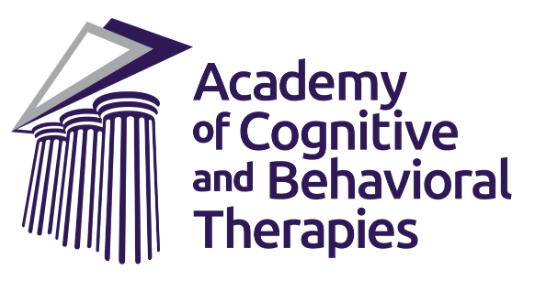
This article is part of a series written for mental health providers treating OCD. It can be found with minor edits on the International OCD Foundation’s Faith & OCD page.
Extensive Interest by Clinicians
After receiving my graduate-level training at Dallas Theological Seminary, I very much took for granted the preparation I was given for the thoughtful and intentional consideration of a person’s spiritual beliefs and values in the therapy process when warranted. Fast forward a few years to when I was training clinicians on the DSM-5 nationally, I remember one attendee’s comment so vividly:
I was really interested to hear of the integration of faith into therapy and would like to ask you some more questions if I could.
I have now been asked a similar question by countless others, usually specific to treating OCD & Anxiety.
Common Concerns
I understand providers’ common hesitations and fears in integrating their clients’ religious or spiritual (hereafter “R/S”) beliefs into practice. Here are a few common concerns that quickly arise:
- Does spirituality have any place in a clinical setting? Isn’t this supposed to be about the evidence base and science?
- What about those who don’t have an interest in spiritual things? Won’t this be off-putting? Or worse, unethical?
- Is this using undue influence? Is it proselytizing?
These common questions only add uncertainty and fear to clinicians’ already existing reticence.
Psychology’s Reticence & Hesitance
It is also highly influential that some key theorists’ non-belief in a higher being, along with their negative commentary about such beliefs, may scare off some providers- the big examples being Sigmund Freud and Albert Ellis. Psychiatry is known for being the “least religious” among all types of doctors in the United States alone. Lastly, throw into the mix the varying theoretical orientations, which have differing arguments as to what is appropriate to address in counseling, with some positions arguing there is no place for religious or spiritual integration in evidence-based therapy.
For practitioners considering asking their clients about spirituality, the result is usually just leaving it alone. It’s Not Only Okay to Talk about Faith/Religion/Spirituality in Therapy, it’s Evidence-Based!
Though the scope of this article is not to address abuses of power, countertransference, and so forth, it is of the utmost importance to guard against harm toward clients. Ethical violations, however, do not prove the need for total avoidance of something that most clients consider very important in their lives.
Research Support
Vieten, et al., 2013 note that “…There is evidence that clients would prefer to have their spirituality and religion addressed in psychotherapy.” One study in an inpatient setting (Rosmarin et al., 2015) discovered most patients are interested in integrating spirituality. As Dr. Rosmarin argues in a separate piece (2021), “By not making more of an effort to incorporate spirituality in treatment, we are doing a disservice to patients.” Potentially up to two-thirds of patients prefer a therapist who is religious (Kahle and Robbins, 2004). Another study by McCord et al. (2004) found a majority a those surveyed wished, under certain circumstances, for their physician to ask about their spiritual beliefs (with physicians typically less involved than therapists are in a patient’s life).
The evidence leaves us very confident that spirituality, faith, and religion matter to most clients. However, the main issues arise in the realm of researched approaches and techniques- and how to ethically execute them (see “Religion and spirituality in the treatment room” by the APA).
Spirituality and religion are critical sources of strength for many clients, are the bedrock for finding meaning in life, and can be instrumental in promoting healing and well-being. There is growing empirical evidence that our spiritual values and behaviors can promote physical and psychological well-being. Exploring these values with clients can be integrated with other therapeutic tools to enhance the therapy process.
What We Know So Far
At a minimum, though, we can recognize the following:
- Clients often wish to discuss at least some aspects of religion or spirituality.
- Therapists can assess and seek to understand these factors when done so sensitively.
Yes, the evidence base needs to be developed further on how to involve spirituality in treatment.
Resources
Cashwell, C. S., & Young, J. S. (2020). Integrating spirituality and religion into counseling: A guide to competent practice. American Counseling Association.
Gill, C. S., & Freund, R. R. (Eds.). (2018). Spirituality and religion in counseling competency-based strategies for ethical practice. Taylor & Francis.
Kahle, P. A., & Robbins, J. M. (2004). The power of spirituality in therapy: Integrating spiritual and religious beliefs in mental health practice. Haworth Pastoral Press.
Vieten, C., & Scammell, S. (2015). Spiritual and religious competencies in clinical practice: Guidelines for psychotherapists and Mental Health Professionals. New Harbinger Publications, Inc.








Leave a Reply